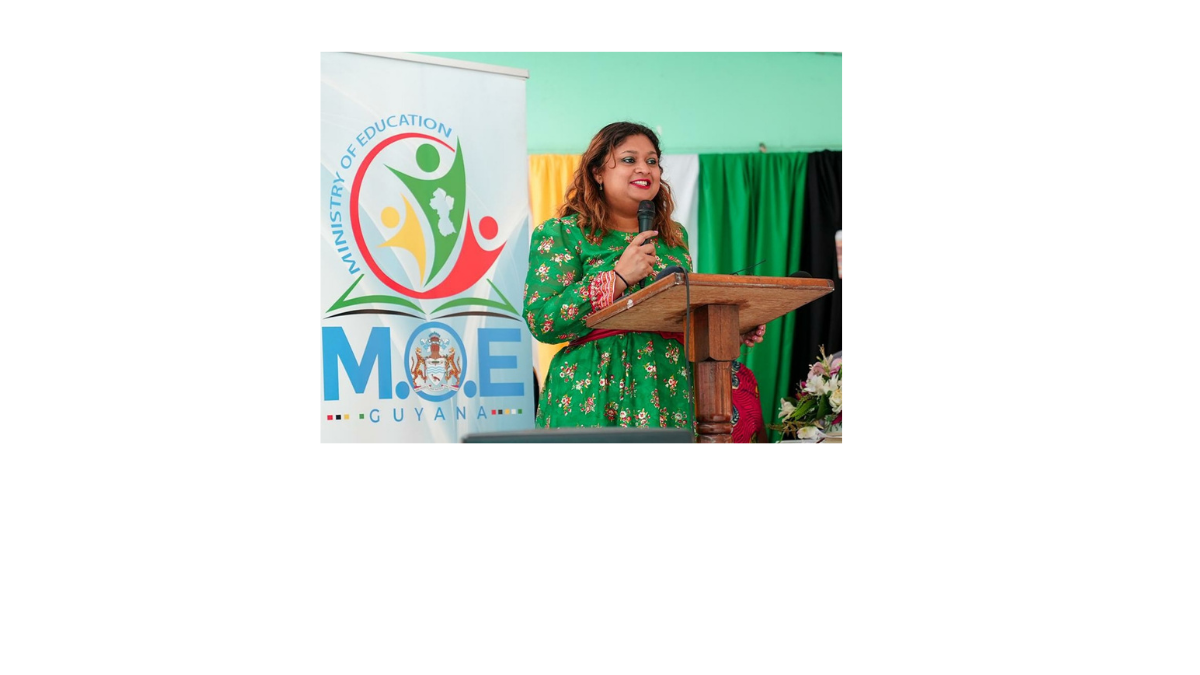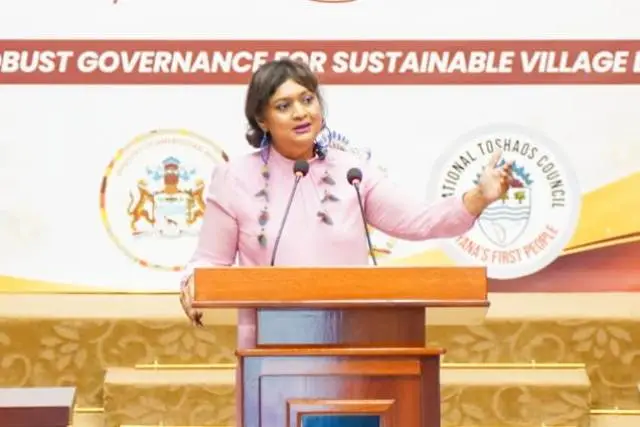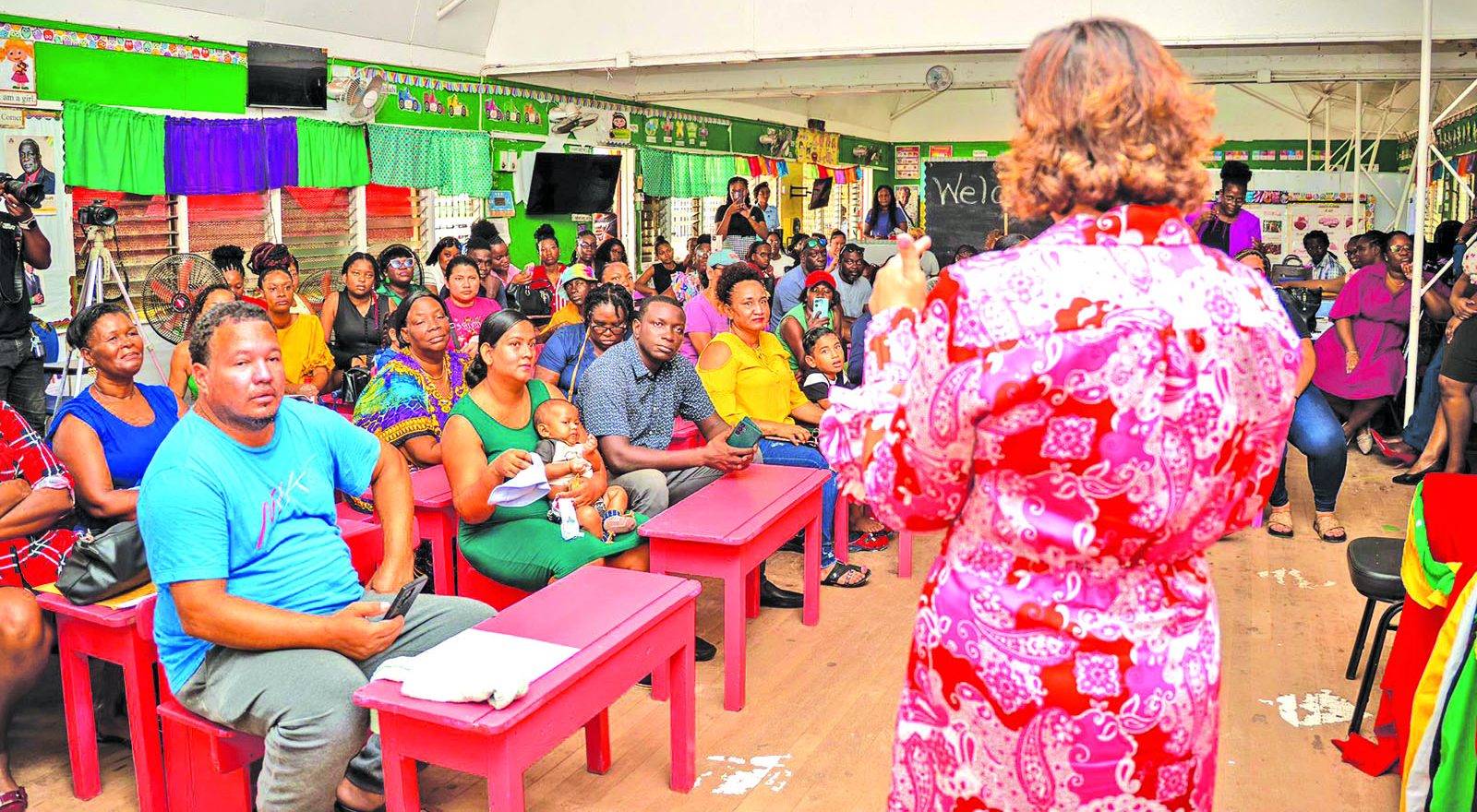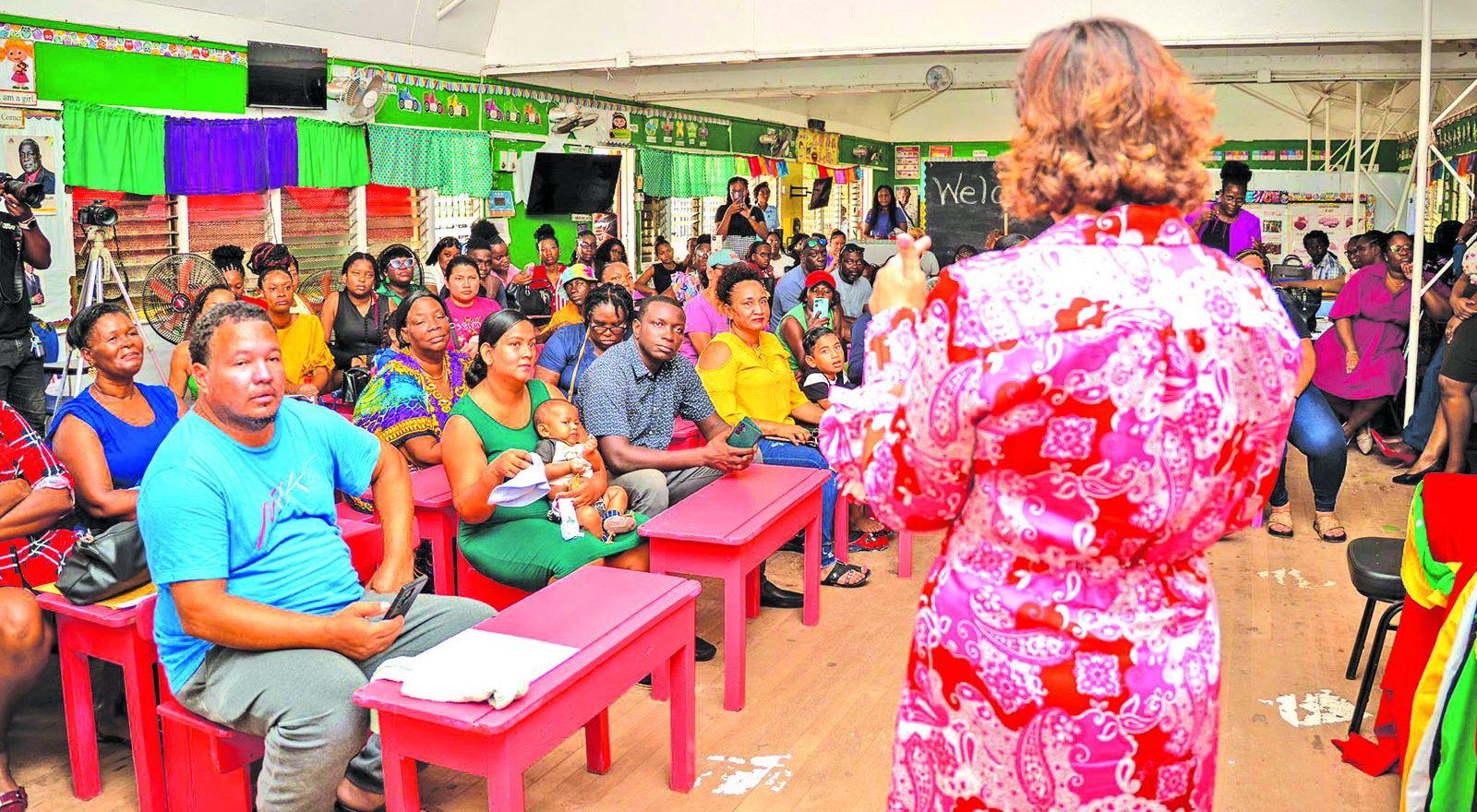There have been efforts to reduce the disparity between children attending schools on the coastland and those in hinterland regions but existing challenges in Region Eight (Potaro- Siparuni) demand extra attention.
At the announcement of the 2022 National Grade Six Assessment (NGSA) results last week, it was evident that fewer top performers came from the hinterland regions- that is, Region One, Seven, Eight and Nine.
Ranlyn Dublin, a pupil from the Paramakatoi primary school in Region Eight, was among the region’s top performers. She copped a spot at President’s College.
According to her, attending classes in the region was particularly difficult during the pandemic because of her limited access to online platforms. As such, the school relied on face-to-face classes, even when that was not advisable.
Her father Ronald Dublin acknowledged that there were good efforts at remedying the situation- including multimedia content (such as education videos) but that sometimes presented challenges. So, he opted to download all of the educational content and provide it to his daughter.
This helped in some respects.
Education Minister Priya Manickchand acknowledged these challenges and said that the ministry has been directing much effort towards guaranteeing that an equal quality of education is provided all across the country.
She, however, noted that there are some unique challenges. In Region Eight, for example, efforts at distributing resources and retaining trained teachers are complicated by the geography there.
“Region Eight is a very difficult geographic terrain to traverse and get resources to.
“… it also has the lowest number of trained teachers,” she said while responding to questions from the News Room at a recent event.
Ongoing efforts to guarantee that all teachers in the education system are trained by 2025 will see part of the problem being rectified. But, in the short term, she said that the ministry may explore offering incentives to trained teachers who opt to provide services in this region.
She also committed government’s intention to continue providing the same resources given to children in other regions- that is, all of textbooks needed and accessible radio, television and online content- to supplement their learning.





